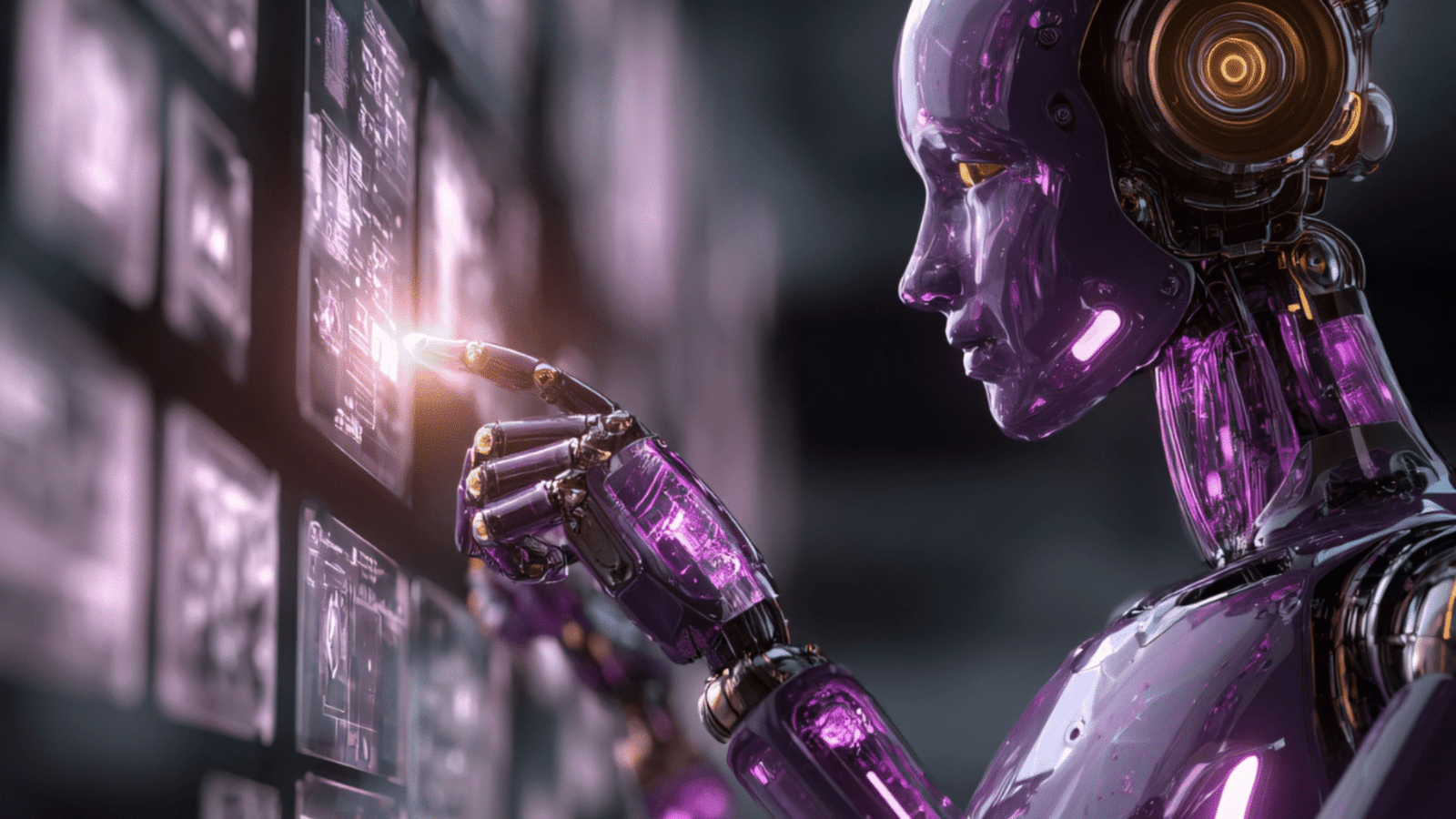Marketing has always been about getting the right message to the right person at the right time. In 2025, AI takes that idea to a whole new level.
From hyper-personalized campaigns to AI agents managing customer journeys, the coming year will mark a turning point in how brands connect with people. If you think digital marketing has already peaked, think again — AI marketing is about to get its biggest upgrade yet.
Why Marketing Needs AI Now
The old playbook is breaking down.
Consumers ignore generic ads.
Privacy rules restrict how data is used.
Attention spans are shorter than ever.
AI offers a solution. Instead of broad strokes, it delivers precise, dynamic, and adaptive marketing that evolves with each interaction.
The New Tools in AI Marketing
Here’s where the upgrade shows up in 2025:
Hyper-Personalization: AI systems can create content tailored not just to demographics but to individuals — down to tone, timing, and platform choice.
Predictive Insights: Machine learning anticipates customer needs before they’re expressed.
Content Generation: From blogs to social posts, AI helps teams create more content faster, while maintaining brand voice.
Real-Time Campaign Adjustments: AI continuously tests, learns, and optimizes — no waiting for quarterly reports.
AI Agents in Marketing: Agents can autonomously manage tasks like sending follow-up emails, scheduling ads, or segmenting audiences.
Practical Examples
In 2025, businesses are already putting AI marketing upgrades to work:
E-commerce: Product recommendations based on real-time browsing behavior.
Hospitality: Personalized offers that adjust to travel trends and guest history.
B2B Sales: AI systems draft outreach messages that adapt to each prospect.
Social Media: Campaigns optimized in minutes, not weeks, to hit trending conversations.
Benefits for Brands
The payoff for embracing AI marketing is clear:
Higher ROI: More targeted campaigns mean less wasted spend.
Faster execution: Campaigns launch in hours, not weeks.
Better customer experience: People receive offers that feel relevant, not intrusive.
Scalability: Even small businesses can deliver marketing that feels enterprise-grade.
The Challenges
Of course, AI marketing isn’t a free ride. Brands need to manage:
Data privacy and compliance in a world of tighter regulation.
Maintaining authenticity when content is AI-generated.
Avoiding over-automation, which can make interactions feel robotic.
Skill gaps, since marketing teams need new knowledge to work with AI tools.
Handled properly, these challenges can be turned into advantages.
How to Prepare Your Marketing for 2025
To get ahead of the AI marketing curve:
Audit your data. Make sure it’s clean, compliant, and usable.
Experiment early. Start small with AI copywriting, segmentation, or campaign optimization.
Invest in training. Help your team understand how to work alongside AI.
Test authenticity. Run human checks on AI content to ensure it aligns with your brand.
Measure results. Set benchmarks for engagement, conversions, and ROI.
The Bottom Line
AI marketing in 2025 isn’t about replacing marketers. It’s about amplifying what humans do best — creativity, empathy, and strategy — while letting AI handle the heavy lifting.
For businesses, the real question isn’t whether AI will upgrade marketing. It’s whether your brand will be ready to upgrade with it.


Add a Comment